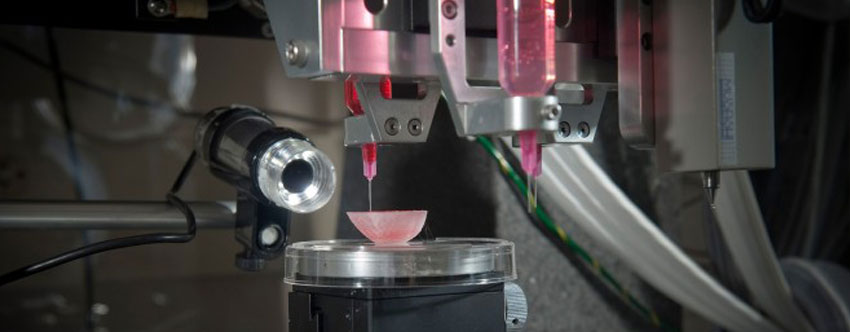Americans Aren’t Ready for the Future Google and Amazon Want to Build
Americans are hopeful about the future of technology. But don’t release the drones just yet. And forget meat grown in a petri dish.
That’s the takeaway from a new study released by the Pew Research Center looking at how U.S. residents felt about possible high-tech advances looming in the not-too-distant future. Overall, a decisive majority of those surveyed believed new tech would make the future better. At the same time, the public doesn’t seem quite ready for many of the advances companies like Google and Amazon are pushing hard to make real.
If the stigma surrounding Google Glass (or, perhaps more specifically, “Glassholes”) has taught us anything, it’s that no matter how revolutionary technology may be, ultimately its success or failure ride on public perception. Many promising technological developments have died because they were ahead of their times. During a cultural moment when the alleged arrogance of some tech companies is creating a serious image problem, the risk of pushing new tech on a public that isn’t ready could have real bottom-line consequences.
Lab-Grown Organs: Yes
In the Pew study, researchers asked 1,000 respondents to predict how soon certain major technological advancements, from space colonies to teleportation, would occur. They were also asked to say whether they believed more near-term advancements such as wearable technology were good or bad for society.
Overall, the results show that people are realistic when it comes to predicting the future. The majority of respondents, for instance, were doubtful that sci-fi tropes like teleportation, space colonization, time travel, and the ability to control the weather would be possible in the next 50 years.
But when it came to technology that’s already being developed, they were much more confident. About 80 percent of people, for instance, said they believed lab-grown organs would be available for transplant within 50 years. That’s a promising sign for the biotech companies and researchers currently working on regenerative medicine. Meanwhile, 51 percent of people believed that computers will soon be able to create art that’s indistinguishable from art created by humans. That’s also good news for the machine learning industry.
Read More: http://www.wired.com/2014/04/future-of-tech/


Comments (0)